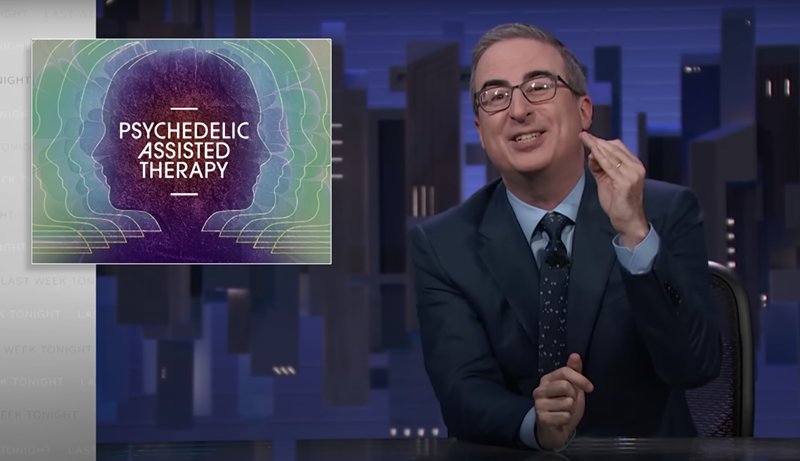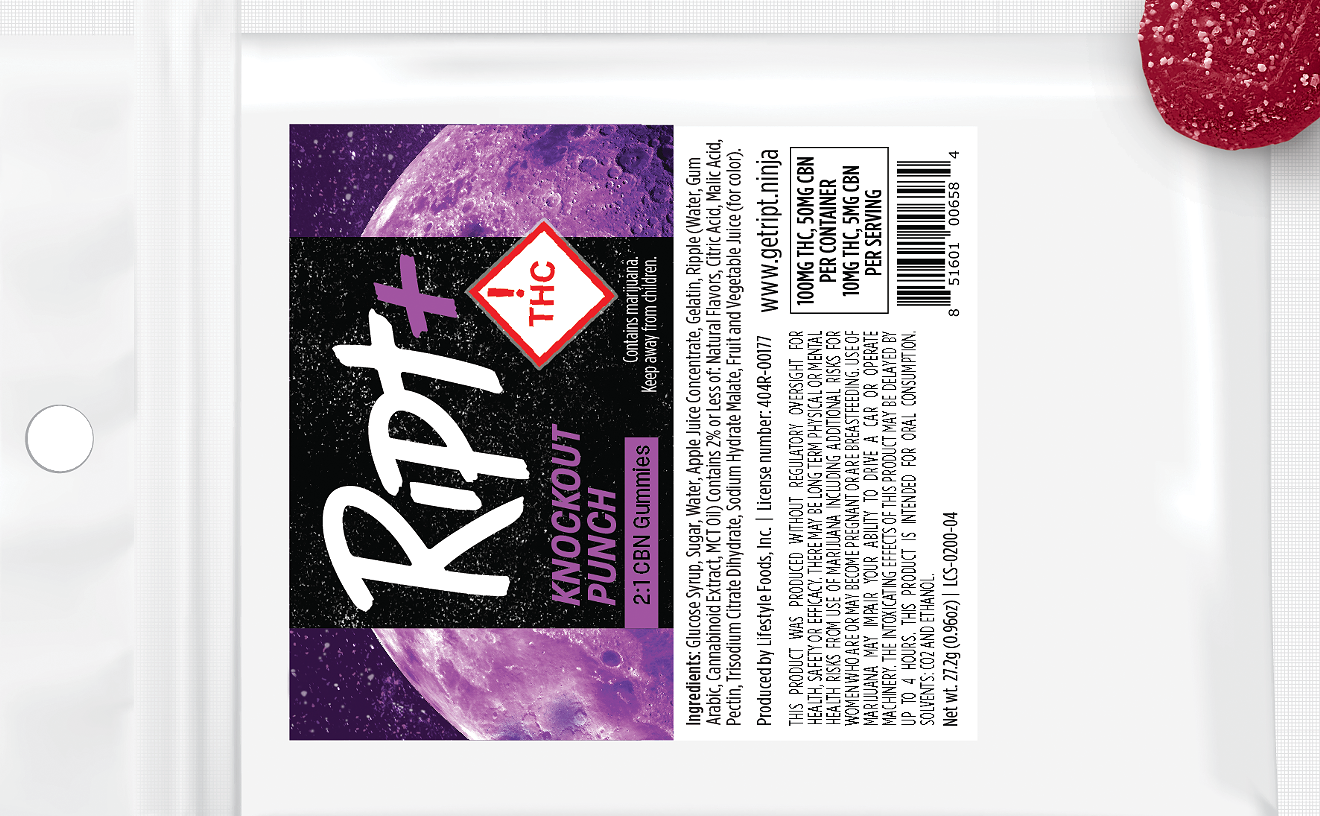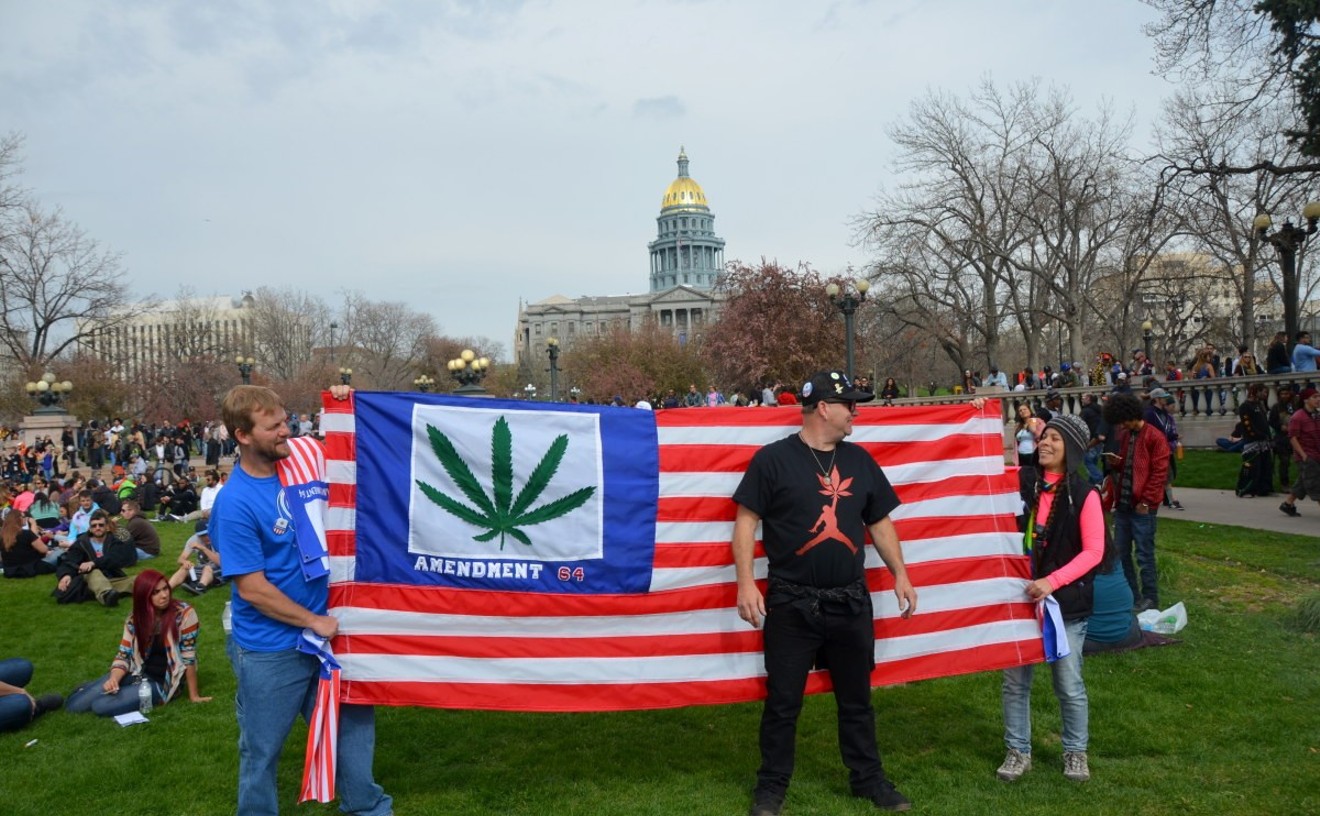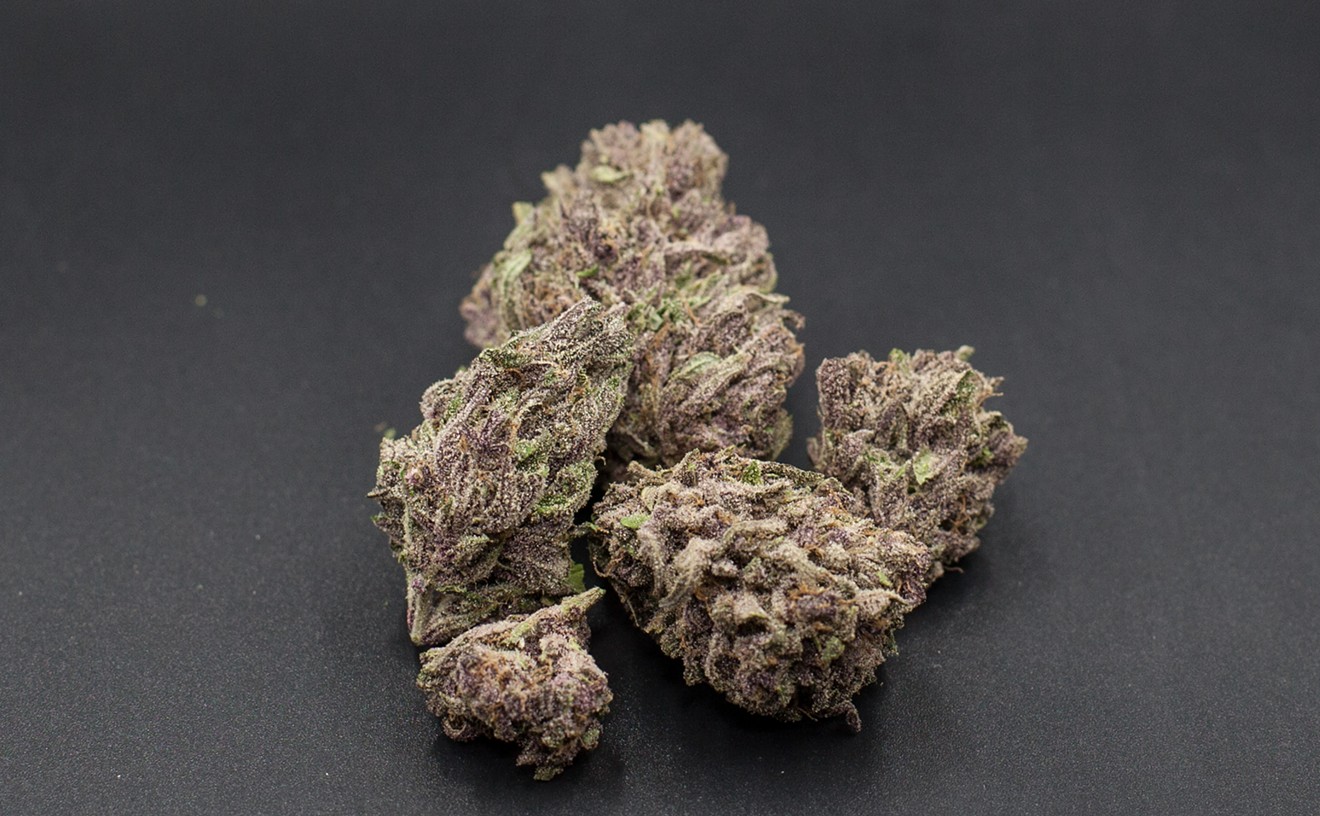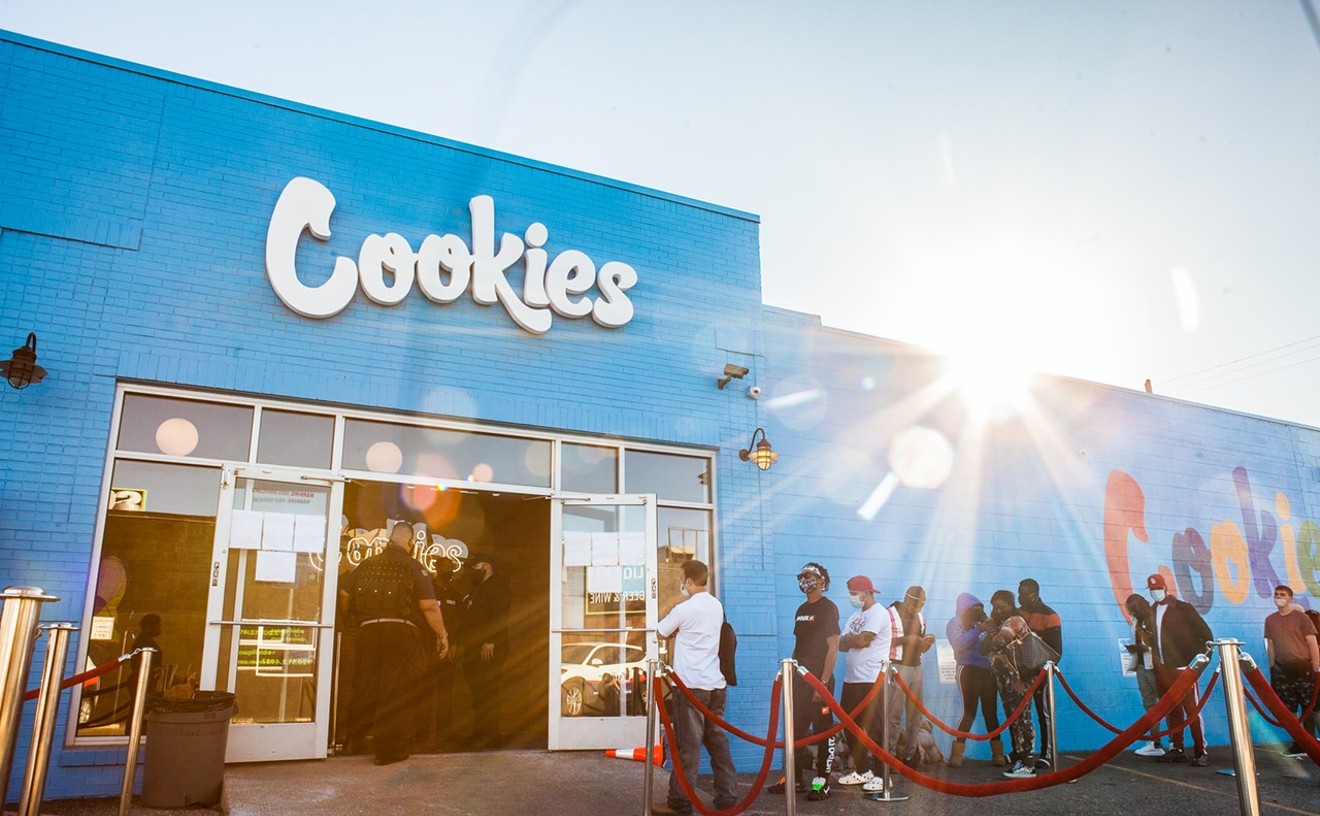John Oliver and his writing crew effectively skinned, chopped and boiled down psychedelics on February 19, and the entire meal took less than 25 minutes to digest.
On his HBO show Last Week Tonight, Oliver treated viewers to archival footage of Army soldiers trying (and failing) to march after taking LSD, prodded both the United States Patent and Trademark Office and Veterans Affairs, and reminded us of that time A$AP Rocky allegedly ejaculated a rainbow.
After warming us up with the funny stuff, though, Oliver included stirring testimony from various news segments about the potential that psilocybin therapy has for treating depression, how LSD helped a man overcome addiction, and the benefits that MDMA can have for trauma patients.
In a condensed history of America's approach to psychedelic policy, Oliver outlines a timeline very similar to that of marijuana: Indigenous and religious groups begin revisiting psychedelics in the '60s for ceremonial and therapeutic purposes, celebrities and mainstream culture take it over, and Nixon adds LSD and psilocybin to the Controlled Substances Act.
Between outbreaks of laughter and gasps of disbelief, Oliver walks the audience through decades of junk studies and the closed-minded responses from the government and media that followed, like a Pennsylvania politician who completely made up a story about LSD blinding users who stared at the sun for too long, and a New York Times article covering a medical study that mistakenly gave meth to mice instead of MDMA.
Current research has made natural drugs too promising to ignore, however, with even the FDA admitting that psilocybin and MDMA have real potential to help treat patients suffering from mental illnesses.
"It was like being able to take a big breath after being stuck underwater for a long time," one man says of psilocybin therapy.
"It allows you to think about and go to those dark, difficult, forbidden, avoidant memories that you normally wouldn't be able to touch," another person says of his experiences with MDMA therapy.
In November, Colorado voters approved Proposition 122, a landmark initiative decriminalizing psilocybin mushrooms and other psychedelics statewide while also legalizing medical psilocybin therapy; DMT, ibogaine and mescaline were also decriminalized in Colorado. While Oliver never mentioned Colorado or Prop 122, he did caution viewers about some of the risks that come with stepping into this new territory of drug therapy and recreational drug use.
For starters, psychedelic therapy is dangerous for people with histories of psychosis or schizophrenia, he warned, and psychedelic patients are at risk of visiting the "hell realm," as one expert put it in a 2019 interview with CBS. As anyone who's taken one tab too many could guess, the hell realm was described as one of the most "frightening experiences as you have ever had in your life" by this expert.
While some patients who went to the "hell realm" reported benefits from the experiences, a bad trip wasn't the only issue Oliver pointed to as a potential byproduct of psychedelic legalization. Compass Pathways, a commercial psilocybin company, is currently trying to control psilocybin accessibility through patents, which could lead to future barriers for psilocybin users. Compass has even tried to patent furniture, room colors and therapy practices associated with psychedelic use, according to Oliver.
"The very fact they applied for them at all is a pretty clear sign of just how aggressive companies in this space intend to be going forward, and it's not like these treatments are going to be cheap to start with," he said.
Courses of clinical psilocybin therapy are expected to cost upwards of $15,000 in the future, Oliver noted, although Colorado's model is expected to have a range of different "healing center" options when they become legal in 2024. However, state and federal regulations will be key factors in how psychedelic access is treated in the future; in Colorado, those conversations are expected to take place at the state legislature later this year.
"The good news is we are finally moving forward, and hopefully we will do that with real caution and real care," Oliver said before ending his chat about psychedelics. "Because if we do, maybe, just maybe, one day you will see ads for psychedelic therapy on TV with a voiceover warning you that side effects may include visits to the hell realm and rainbows shooting out of your dick."

Audio By Carbonatix
[
{
"name": "Air - MediumRectangle - Inline Content - Mobile Display Size",
"component": "12017618",
"insertPoint": "2",
"requiredCountToDisplay": "2",
"watchElement": ".fdn-content-body",
"astAdList": [
{
"adType": "rectangle",
"displayTargets": "mobile"
}
]
},{
"name": "Editor Picks",
"component": "17242653",
"insertPoint": "4",
"requiredCountToDisplay": "1",
"watchElement": ".fdn-content-body",
"astAdList": [
{
"adType": "rectangle",
"displayTargets": "desktop|tablet"
},{
"adType": "rectangle",
"displayTargets": "desktop|tablet|mobile"
}
]
},{
"name": "Inline Links",
"component": "18838239",
"insertPoint": "8th",
"startingPoint": 8,
"requiredCountToDisplay": "7",
"maxInsertions": 25
},{
"name": "Air - MediumRectangle - Combo - Inline Content",
"component": "17261320",
"insertPoint": "8th",
"startingPoint": 8,
"requiredCountToDisplay": "7",
"maxInsertions": 25,
"watchElement": ".fdn-content-body",
"astAdList": [
{
"adType": "rectangle",
"displayTargets": "desktop|tablet"
},{
"adType": "rectangle",
"displayTargets": "desktop|tablet|mobile"
}
]
},{
"name": "Inline Links",
"component": "18838239",
"insertPoint": "8th",
"startingPoint": 12,
"requiredCountToDisplay": "11",
"maxInsertions": 25
},{
"name": "Air - Leaderboard Tower - Combo - Inline Content",
"component": "17261321",
"insertPoint": "8th",
"startingPoint": 12,
"requiredCountToDisplay": "11",
"maxInsertions": 25,
"watchElement": ".fdn-content-body",
"astAdList": [
{
"adType": "leaderboardInlineContent",
"displayTargets": "desktop|tablet"
},{
"adType": "tower",
"displayTargets": "mobile"
}
]
}
]

